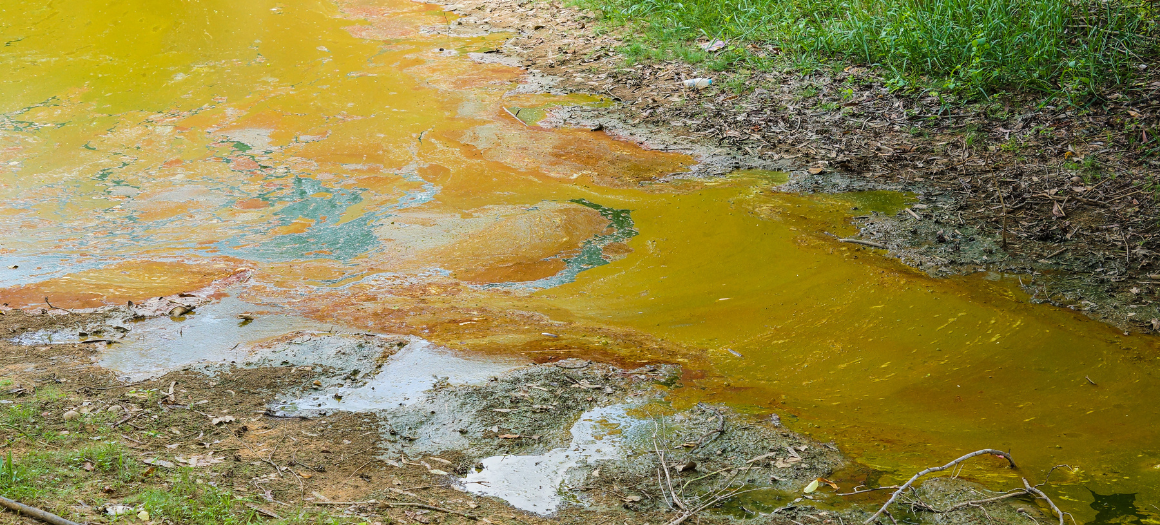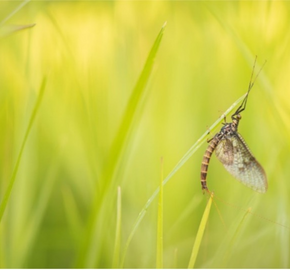New study shows English rivers exhibiting increased chemical stress and declining invertebrate diversity

- WildFish, RSPB, Buglife and The Pesticide Collaboration have released a new report: “Chemical Pollution: The Silent Killer of UK Rivers”.
- Using invertebrate data from the WildFish 2021 Riverfly Census, a survey of twelve English Rivers found the number of sites assigned a “poor” or “bad” score more than doubled compared to previous years.
- The results showed a decline in the diversity of riverflies, aquatic invertebrates that are essential to a healthy ecosystem.
- During drought conditions, low water levels will reduce the dilution of chemicals and exacerbate the impact of chemical pollution on rivers ecosystems even further.
The report analyses, in greater detail, the impact chemical pollution is having on the twelve English rivers and their aquatic wildlife.
“Chemical Pollution: The Silent Killer of UK Rivers” uses Species at Risk (SPEAR) scores (stress scores calculated from the diversity and abundance of invertebrates present in a river) generated from the Riverfly Census. The findings show that in autumn 2021, the number of sites achieving ‘poor’ or ‘bad’ on the chemical stress scale was considerably greater than in 2015, 2016 and 2017. This suggests chemical pollution, from sources such as agricultural pesticides and pharmaceuticals, is getting worse.
In spring and autumn of 2021, the mean number of riverfly species (specifically mayflies, stoneflies and caddisflies) identified was significantly fewer than previous years (in autumn 2021 just 10 species were identified, compared to 18 in Spring 2015).
The report concludes that stopping pollution at source is imperative, and the upcoming Chemicals Strategy is an opportunity for Government to reduce our reliance on chemicals and ensure sufficient enforcement of regulation.
The report sets out a series of key recommendations to Government:
- Ensure that the new Environmental Land Management Schemes support farmers to reduce their reliance on pesticides and artificial fertilisers.
- Invest in non-chemical alternatives.
- Ensure that the Polluter Pays principle is upheld.
- Prioritise the 12 key asks in the upcoming Chemicals Strategy
- Maintain a precautionary approach to chemical approvals post-Brexit.
- Properly commit to and resource a comprehensive river monitoring network and enforcement of existing regulations.
- Improve gaps in the risk assessment for chemicals before they are approved, and carry out assessments on chemicals already in use to better understand the real-world impacts.
“Chemical pollution isn’t a new problem. In fact, Rachel Carson warned us of its threat in her book Silent Spring in 1962.”
Dr Janina Gray
Deputy CEO
Janina went on to say: “the results of the Chemical Report show that invertebrate communities are more stressed now than they were in our previous study, indicating the problem is getting worse. The upcoming Chemical Strategy is an opportunity to reverse the trend, but only if Government step up to the mark and acts now”.
![]()


Thanks for doing this work should you need help on any investigations I would like to help where I can as a limnologist freshwater biologists sparsholt Trained B.Sc. aqua thx nigel
Tremendous things here. I’m verfy happy to peer your article.
Thank you a lot and I amm looking forward to contact you.
Wiill youu kidly drop me a mail?